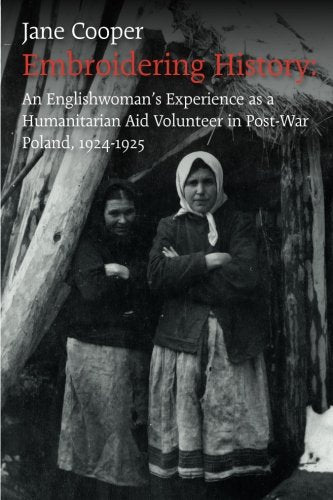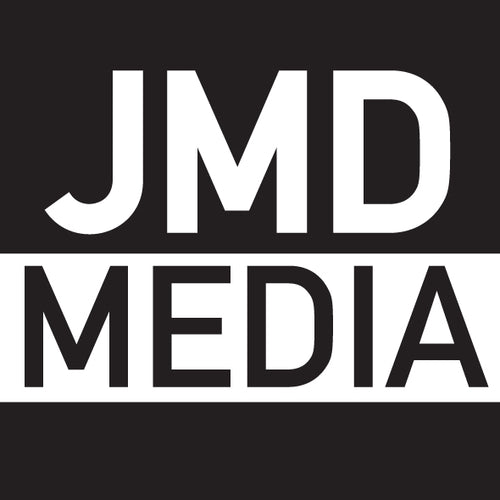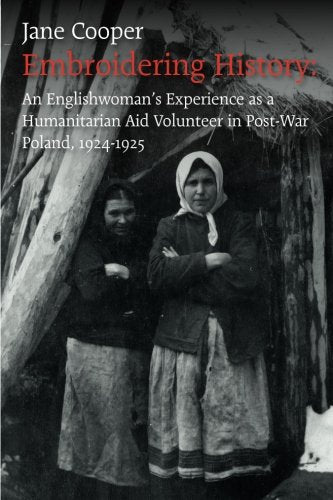Jane Cooper
Embroidering History. An Englishwoman's Experience as an International Aid Volunteer in Post-war Poland, 1924-25
Embroidering History. An Englishwoman's Experience as an International Aid Volunteer in Post-war Poland, 1924-25
Couldn't load pickup availability
There is also an ebook version available of this title, it is for sale from Amazon or your usual provider.
'Embroidering History' provides a glimpse inside the inner workings of an early humanitarian aid project through the lively letters of a middle class English woman who steps out of her depth into rural village life in post-war Poland of 1925.
She leaves teaching to volunteer with a Quaker project providing income generating work for refugee peasant women.
Along the way she encounters recalcitrant Belarusian peasants, manipulative local government officials, excitable bourgeois Poles, and altruistic American Quakers. And few of them really meet her British expectations.
A carefully researched introduction places the project in the wider context of humanitarian aid provision in the aftermath of WWI, and explores how the different motives and expectations of the people involved shape the projects.
Embroidering History brings typed letters from the 1920s into the e-reader of the 21st century, bridging time and technology to make history accessible and relevant to history buffs and modern aid workers alike.
About the Author
Jane Cooper began her career in international development, teaching in a rural African high school in the mid-1980s.
After working on extended development assignments in South Asia, Eastern Europe and post-Soviet Central Asia she built up a complementary career in Canada as a professional researcher and writer.
Working internationally piqued her interest in cross-cultural analysis and how cultural difference impacts organizational development in multicultural humanitarian aid agencies.
For more information on Jane Cooper you can see her website:
http://janeclarecooper.ca/published-work/embroidering-history/
Review of Embroidering History:
"Embroidering History will be welcomed by humanists, history enthusiasts, and those interested in the way the aid industry is evolving. It will also fascinate those of us who love to write journals"


